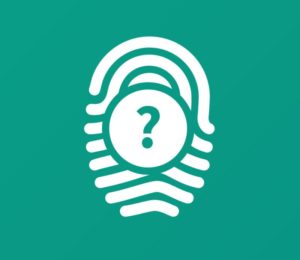Yoti has published the latest in its ongoing series on digital identity in Africa. The series details some of the hypothetical ways in which digital identity technology could improve the everyday lives of people living on the continent.

The newest post focuses on the maternity system in Kenya. Yoti noted that Kenyan mothers face an extremely high mortality rate, with 342 deaths for every 100,000 live births in 2019. Much of that can be attributed to the fact that women in rural areas often do not have access to good prenatal care. Many remote areas do not have dedicated clinics, and the women living in those areas may not be able to afford a trip to a more densely populated part of the country.
The problem has been improving since 2013, when Kenya passed a new policy that gives women access to Free Maternity Care. The country has also been building more clinics with the help of NGOs and organizations like UNICEF.
The problem is that people who were born outside of the country’s established medical system often have a more difficult time proving their identity when they come of age. Those who were not born in a hospital may not have an official birth certificate, which is required for Kenya’s national identity card and Huduma Namba biometric identity number. As a result, rural women may not have any proof of identity and therefore be unable register with a maternity clinic, even if one does open up near their town.
Yoti believes that digital identity offers a potential solution. Women who want to gain access to maternity care could register their identity at a clinic, where the staff would be equipped with devices that can capture face and fingerprint biometrics in addition to basic biographic details like name and address. That information would be stored locally at the clinic in a biometric database, giving the clinic a way to verify a person’s identity when they return.
The technology would also allow the clinic to track each person’s care, since they would know whether or not they made all of their scheduled appointments. The same is true after the birth, insofar as the mother’s identity data could be used to track her baby’s immunization progress.
Previous entries in the Yoti series have shown how organizations can use digital IDs to advance education in Angola and ground hornbill conservation efforts in Zimbabwe. The company itself launched a Humanitarian Tech Support Programme back in 2020.

Follow Us